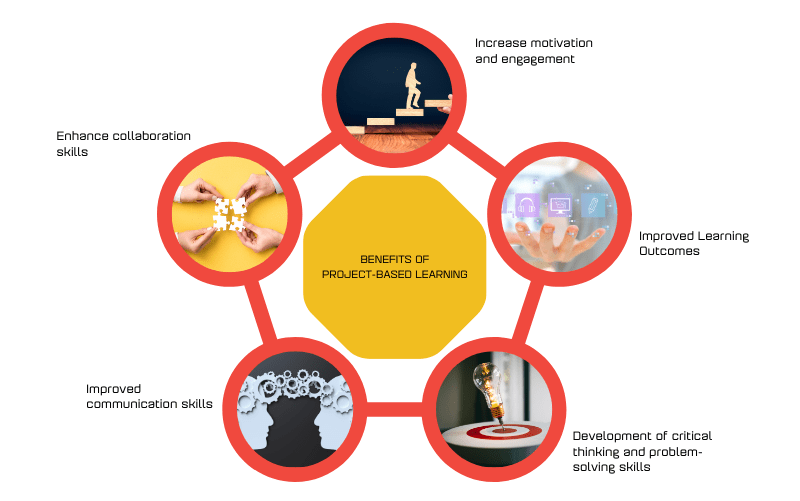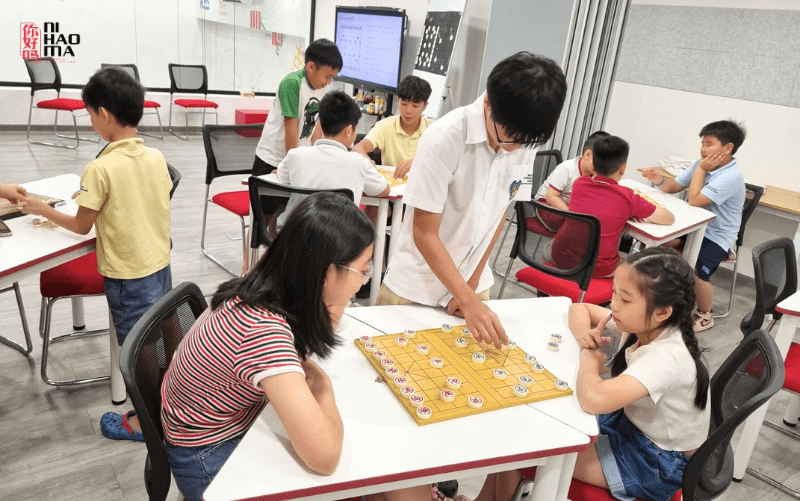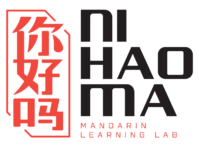Project-based learning has gained popularity in recent years as the most effective approach to teaching new concepts. A student-centered approach, project-based learning requires students to collaborate, think critically, and apply their knowledge in practical situations. By engaging in projects, students develop essential skills that prepare them for success in the 21st century. Project-based learning allows students of all ages to develop skills that will have a significant life-long effect. This practice is particularly beneficial in language acquisition. As research has shown that students retain language better when it’s learning with purpose. Schools around the world are adapting this new style of learning. So let’s explore the benefits of project-based learning and why it is specifically effective in language development.
What is Project-Based Learning?
Project-based learning is an effective teaching method for teaching concepts through real-world situations and challenges. Through a series of engaging activities, students master skills in a more natural way. This not only helps in developing skills but also deepens their understanding and retention.
How is project-based learning effective for language development?
The effectiveness of project-based learning lies in its design. The projects are carefully planned and integrated into the language curriculum. Students are not only learning the language but also applying it to practical situations. This approach not only provides a deeper understanding of the content but also reinforces retention of language skills such as in reading, writing, listening, and speaking. When students are actively using the language, their learning becomes more purposeful and memorable. This hands-on student-centered approach fosters a deeper understanding of language concepts.
In addition, project-based learning allows teachers to shift from being the sole provider of knowledge to that of a facilitator. Project-based learning also promotes a student-centered learning environment, where the teacher guides and supports students in their projects. This allows teachers to better understand the strengths and weaknesses of their students and identify areas for improvement.
Is Project-Based Learning Beneficial for Students of All Ages?
Research has shown that one of the key benefits of project-based learning is its versatility in catering to students of all ages and abilities. Because younger learners can benefit from hands-on activities that spark their curiosity and creativity, while older students can explore more complex subjects through research projects and presentations. Due to its versatility, project-based learning also accommodates diverse learning styles and abilities, allowing for individualized learning experiences and tailored instruction. This instructional approach places students directly in the learning process which offers them the opportunity to take ownership and responsibility for their language development.
Above all, unlike traditional teaching methods, project-based learning has the advantage of being a continuous learning process where students are constantly learning and applying their knowledge. This helps in developing a strong foundation of language skills, which can be built upon and accrued over time. Teachers foster a love of learning that goes beyond traditional classroom boundaries, and students have the opportunity to practice the language in a safe and supportive environment which will reinforce retention of language skills, and build their confidence. When students are actively using the language, their learning becomes more meaningful and long-lasting.

Project-Based Learning at Ni Hao Ma Mandarin Learning Lab
Project-based learning is particularly effective in language acquisition due to its emphasis on authentic communication and collaboration. Here at NiHaoMa Mandarin Learning Lab, our native Chinese teachers create language-rich content for students to develop linguistic skills as well as cultural awareness and intercultural competence. This immersive approach to language learning resembles the natural way of acquiring the language.
Imagine student-led cooking demonstrations, musical performances, and work-life presentations as a way to expand one’s cultural knowledge and language fluency. Our experienced native Chinese teachers structure meaningful projects based on the interests of the students, integrating the HSK curriculum, to reinforce the mastery of language skills. By immersing students in authentic tasks, project-based learning allows them to apply their knowledge in practical contexts, making learning more engaging and relevant.



Besides, research has shown the positive impact of project-based learning on language proficiency. The possibilities of project-based learning are endless, offering meaningful learning experiences that enrich one’s language development. By immersing students in real-world situations and engaging projects, project-based learning instills a solid understanding of language skills while nurturing essential skills necessary to achieve prolonged mastery of the language.
Ni Hao Ma Mandarin Learning Lab’s mission is to provide all learners with a world-class Mandarin learning experience, empowering them to explore, engage, and excel in the language and culture. Through the incorporation of project-based learning in our HSK courses, we ensure that our students have positive memorable experiences on their journey toward Chinese language proficiency. Contact us today to learn more about our HSK courses and projects.
Reference
Eng Li Yin, Khor Teik Huat. (2021, March 28). Project Based Learning in Teaching Mandarin as Foreign Language: Theory to Practice. International Journal of Academic Research in Business and Social Sciences, pp. 542-551.
Wang, S. (2020). Project-based Language Learning in China: A Literature Review. Journal of Language Teaching and Research, 66-72.



